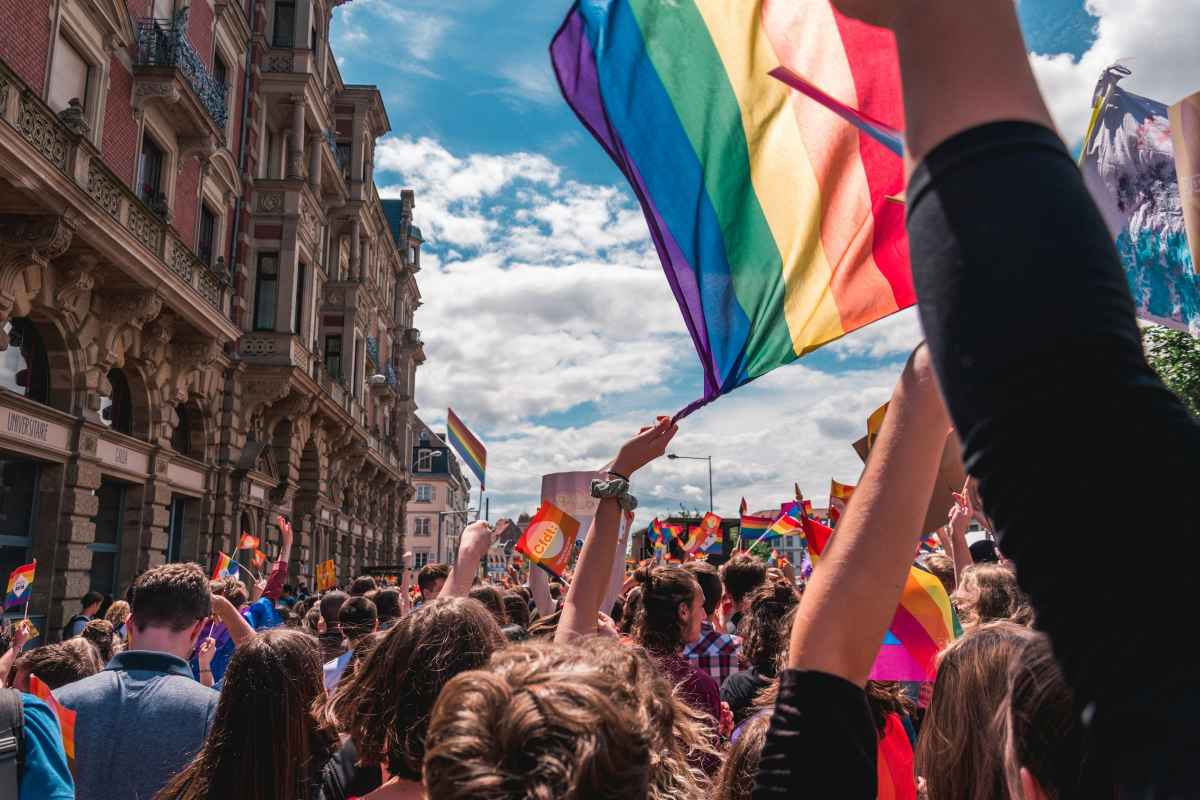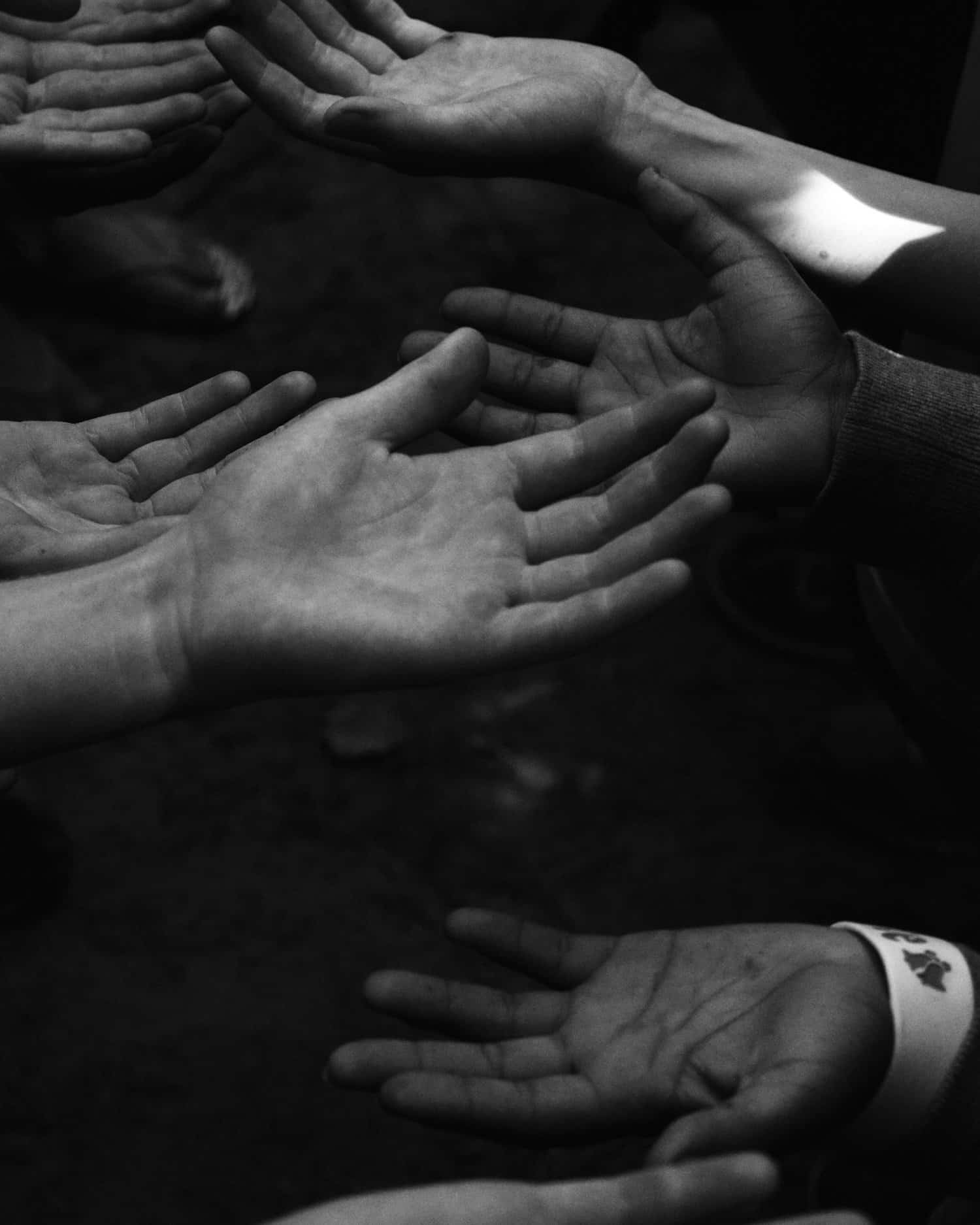We don’t exist in a vacuum. The struggles we carry are not only personal; they’re shaped by history, culture, and the world we move through every day. For many of us, therapy that ignores those truths can feel incomplete, like trying to heal with only half the story.
That’s where a different kind of psychology enters the conversation. One that doesn’t shy away from the realities of oppression, identity, and community. One that validates not just your inner world, but also the external forces pressing against it.
What Is Liberation Psychology?
So, what is Liberation Psychology? At its core, it’s a framework that flips the script on traditional mental health models. Instead of treating struggles as isolated, individual problems, it acknowledges the impact of oppression, colonialism, and systemic inequity. It insists that healing cannot be separated from justice.
Liberation psychology places cultural identity, community, and social context at the center of the healing process. It asks us to recognize that when someone is hurting, it’s not only about what’s happening inside of them, it’s also about the world they’ve been navigating.
This approach is both radical and grounding. It invites us to see personal well-being as deeply connected to collective well-being. And it says, with clarity and compassion: if we want true healing, we have to confront not just our own wounds, but also the systems that created them.
History and Roots of Liberation Psychology
To understand where liberation psychology comes from, we have to look at Latin America in the late 20th century. These were years marked by political violence, poverty, and inequality. Traditional psychology, imported from Europe and North America, often felt disconnected from people’s lived realities.
Out of this gap emerged a movement. Ignacio Martín-Baró, a Jesuit priest and social psychologist, became one of its leading voices. He called for a psychology that didn’t just help people cope, but actively worked toward liberation from oppressive systems. His commitment cost him his life, but his vision became the foundation for a new, justice-oriented psychology.
Today, liberation psychology has spread across the globe, continuing to inspire therapists, activists, and communities to weave justice into the fabric of healing.

Core Principles of Liberation Psychology
At its heart, liberation psychology asks a radical but necessary question: What’s really making us hurt? Too often, mainstream psychology stops at the individual, suggesting that if we just manage our thoughts and behaviors, we’ll be okay. Liberation psychology takes it further. It insists that the sources of our pain can’t always be solved by self-help tips or private reflection alone, because much of that pain comes from the world around us.
Here are the core principles that guide this framework:
1. Naming Oppression
Liberation psychology refuses to look away from systemic harm. It recognizes that racism, sexism, homophobia, classism, ableism, and colonial histories are not just “background noise”, they actively shape our mental health. By naming these forces, therapy becomes a place where you don’t have to minimize or explain your experience. Instead, it validates what you already know: your suffering is not just personal, it’s political.
2. Honoring Identity
Healing cannot happen in a vacuum that ignores culture, history, or identity. Liberation psychology centers your lived experience, the stories passed down through family, the intersections of your identity, and the resilience you carry. It affirms that your voice, your roots, and your perspective are vital parts of the healing process. In practice, this means therapy becomes less about “fitting in” and more about reclaiming the wholeness of who you are.
3. Collective Care
Mainstream psychology often frames well-being as an individual pursuit: fix yourself, and you’ll be fine. Liberation psychology turns this idea on its head. It reminds us that individual healing is deeply tied to the health of our communities. Our struggles and joys are interconnected. Collective care looks like group therapy, community spaces, or simply recognizing that healing is not a solo act. It’s about belonging. About remembering that you don’t have to carry it all alone.
4. Action as Healing
Reflection matters, but liberation psychology doesn’t stop there. Healing is not just about managing pain; it’s about transforming the conditions that create it. This might look like setting boundaries at work, joining community organizing efforts, or simply finding ways to resist harmful narratives you’ve internalized. Action becomes a way of reclaiming agency, dignity, and hope. Therapy here isn’t passive. It’s a springboard into living differently.
Key Practices in Action
Liberation psychology isn’t just an idea. It’s something that comes alive in therapy rooms, community spaces, and everyday life. Therapists who ground themselves in this approach use practices that center truth, connection, and courage. These aren’t “quick fixes.” They’re ways of creating space for healing that feels real, rooted, and transformative.
1. Bringing Lived Experience Into the Room
Instead of leaving identity at the door, liberation psychology invites it in fully. Clients are encouraged to name how racism, sexism, ableism, classism, homophobia, or other forms of oppression show up in their daily lives. Therapy becomes a place where these experiences are not dismissed as “too political” but are honored as central to mental health. By creating this space, clients can feel less isolated and more validated, their struggles are not personal failings but reflections of larger systems.
2. Narrative and Community-Based Work
Storytelling is powerful. Many clients come to therapy with stories shaped by shame, silence, or systemic gaslighting. Liberation psychology helps people re-examine and reclaim those narratives. Therapists may use narrative therapy to unpack generational trauma, highlight resilience, or rewrite internalized scripts that say, “You’re not enough.” In community-based work, healing doesn’t stop at the individual; it expands outward, supporting collective voices and wisdom. This helps people not just to cope, but to author new truths about who they are and what’s possible.
3. Group and Collective Healing
Healing isn’t meant to be a solo journey. Liberation psychology emphasizes the power of community spaces, group therapy, support circles, workshops, and collective dialogue, where people can see themselves reflected in others’ experiences. These spaces reduce the isolation that oppression often creates. They also help build solidarity, reminding clients that they are not alone in their struggles and that healing can grow stronger in the presence of others.
4. Empowerment Through Action
Liberation psychology recognizes that deep healing is tied to action. This doesn’t mean grand gestures or constant activism. Sometimes action looks like setting a boundary, practicing self-advocacy at work, or unlearning internalized oppression. Other times, it might mean organizing with others for systemic change. What matters is that healing is not just about survival; it’s about reclaiming agency and stepping into new ways of living. Resistance itself becomes a form of therapy.
Why Liberation Psychology Matters Today
When we ask, “What Is Liberation Psychology, and why does it matter?” the answer is simple: because it speaks to the realities so many people live every day. For those navigating intergenerational trauma, systemic inequities, or identity suppression, this framework validates the truth: you are not broken. You are responding to a world that wasn’t designed for your wholeness.
Liberation psychology reminds us that healing is possible, but not in isolation. It is rooted in justice, community, and the freedom to live more fully as ourselves.
Conclusion
So, what is Liberation Psychology? It’s more than a theory. It’s a practice of healing with honesty, justice, and connection at its core. It refuses to separate your personal struggles from the collective struggles around you.
If you’ve been longing for therapy that feels real, affirming, and deeply connected to your lived experience, liberation psychology offers exactly that. It’s not about fixing you to fit into a broken world. It’s about walking with you as you reclaim voice, dignity, and freedom.




